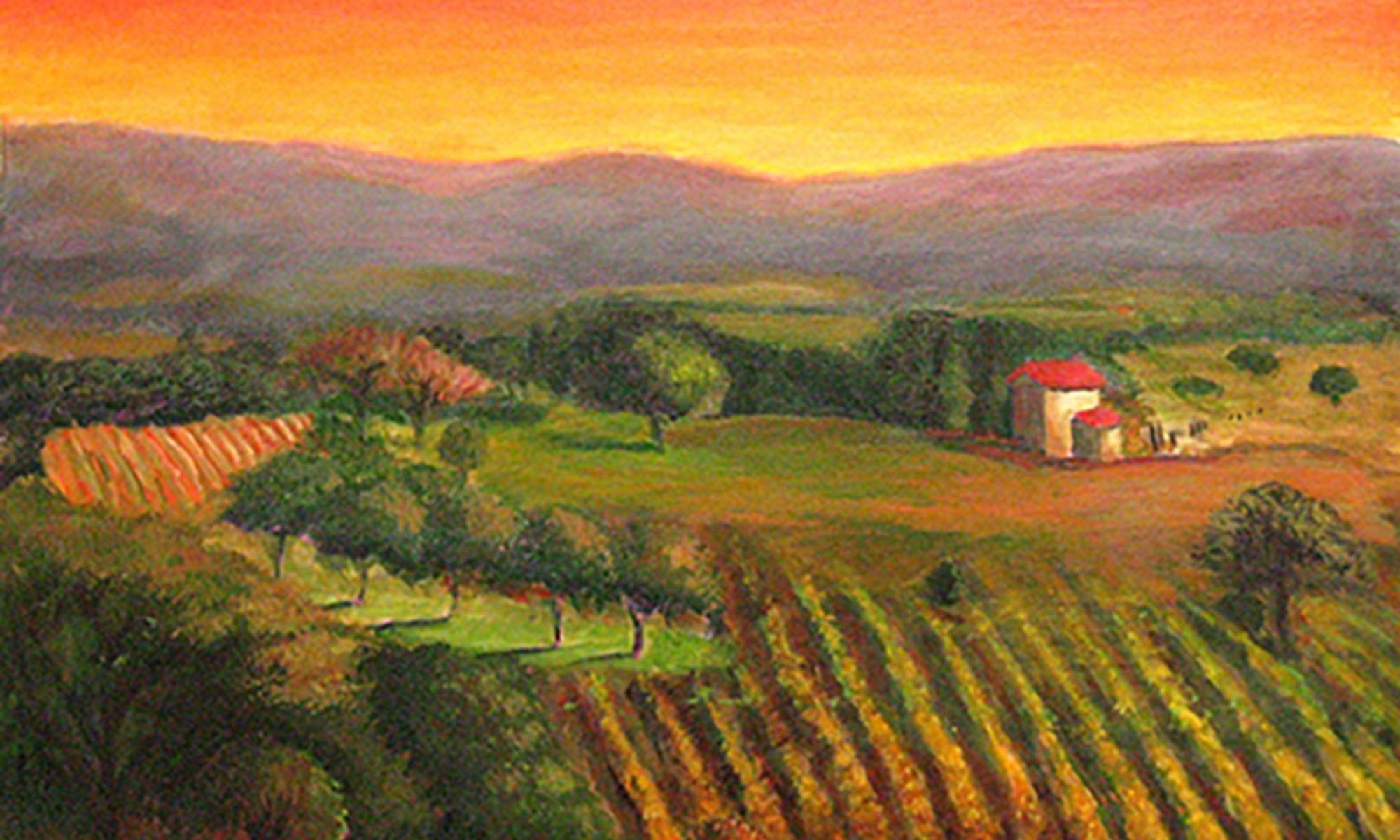A Fusion of Tradition and Innovation
Embracing the Digital Age: The Evolution of Fine Art
Contemporary Functional Art: Bridging Traditional Painting and Digital Innovation. In the ever-evolving landscape of the 21st century, the world of fine art finds itself at the crossroads of tradition and innovation. The digital age has ushered in a myriad of new possibilities, challenging artists to redefine their creative boundaries. As a tech-savvy artist deeply entrenched in this era, I find the intersection of traditional painting and modern functionality to be a captivating and essential aspect of contemporary art.
The Enduring Significance of Traditional Painting
Mastering the Timeless Craft
In an era dominated by digital mediums and cutting-edge technology, the enduring significance of traditional painting remains undeniable. The mastery of brushstroke, the play of light and shadow, and the tactile connection with the canvas all contribute to the timeless allure of traditional painting.
Cultural Heritage and Artistic Legacy
Traditional painting serves as a bridge between the rich cultural heritage of art history and the ever-changing dynamics of the present. It preserves and honors the techniques passed down through generations, ensuring that the artistic legacy continues to inspire and shape the future.
The Rise of Functional Art: Merging Aesthetics with Purpose
Shifting Consumer Preferences
Functional Art in the Modern Home
In the 21st century, consumers are increasingly drawn to functional art that serves a dual purpose—blending aesthetics with utility. While the demand for purely decorative pieces persists, there is a noticeable shift toward art that enhances and interacts with the living space in a more practical way.
The Role of Digital Display Frames and Projectors
Digital Display Frames:
- These frames transform traditional paintings into dynamic, ever-changing displays.
- Consumers can curate their art collection digitally, adjusting the ambiance of a room with a simple tap.
Projectors:
- Projectors turn walls into canvases, allowing for immersive art experiences.
- Artistic imagery can be projected to evoke different moods, adding a layer of functionality to the aesthetic appeal.
The Harmony of Decorative and Functional Art
Striking a Balance
In acknowledging the demand for functional art, it’s crucial to highlight the synergy between the decorative and the practical. Traditional paintings, when seamlessly integrated into digital display frames or projected onto walls, become not just adornments but functional elements that transform and elevate the ambiance of a space.
Adapting to Modern Lifestyles
The adaptability of traditional paintings to digital mediums speaks to their continued relevance. As consumers seek art that aligns with their modern lifestyles, the integration of technology provides a bridge between the classical and the contemporary.

Conclusion: Bridging Tradition and Innovation
Contemporary Functional Art: Bridging Traditional Painting and Digital Innovation. In the 21st century, the world of fine art stands as a testament to the harmonious coexistence of tradition and innovation. Traditional painting, with its timeless allure, remains an essential part of the artistic landscape. Yet, the embrace of functionality ensures that art not only adorns but also enriches the spaces we inhabit. As a tech-savvy artist navigating this dynamic landscape, I find inspiration in the fusion of the old and the new, creating art that transcends the boundaries of time and medium.






